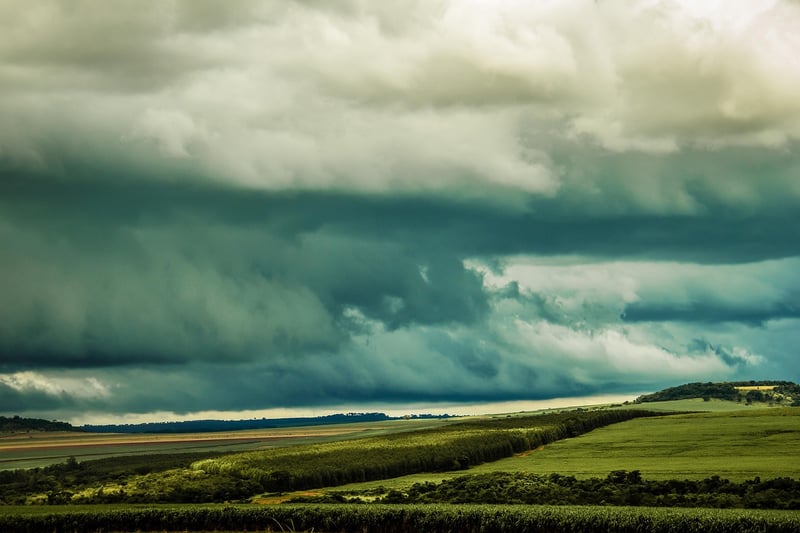Temporal Loops
The Consequences of Time Travel and Temporal Loops
Time travel has long been a fascinating concept in science fiction, allowing characters to explore the past, present, and future in ways that defy our current understanding of the universe. While the idea of time travel opens up a plethora of possibilities, it also comes with a set of consequences and paradoxes that can have far-reaching implications.
Consequences of Time Travel:
1. Butterfly Effect:
One of the most commonly explored consequences of time travel is the butterfly effect. This theory suggests that even small changes made in the past can have significant and unforeseen consequences in the future. A simple act, such as stepping on a butterfly in the past, could lead to drastic alterations in the present timeline.
2. Altering History:
Time travelers risk altering key events in history, leading to unintended consequences. Changing the outcome of a historical event could have ripple effects that reshape the entire course of history, potentially creating a dystopian future or erasing the traveler's existence altogether.
3. Causality Loops:
Causality loops, also known as bootstrap paradoxes, occur when an event is its own cause. In such a scenario, an object or information is sent back in time, leading to its own creation. This creates a loop with no clear origin, challenging the fundamental principles of cause and effect.
Temporal Loops:
Temporal loops are another intriguing concept associated with time travel. These loops occur when an event is trapped in a repetitive cycle, with no clear beginning or end. Characters may find themselves reliving the same moment over and over, struggling to break free from the loop.
Examples of Temporal Loops:
- Groundhog Day: The movie "Groundhog Day" depicts a character who is forced to relive the same day repeatedly until he learns important lessons and changes his behavior.
- Edge of Tomorrow: In this film, a soldier finds himself in a time loop, repeating the same day of a battle against alien invaders until he can find a way to break the cycle.
While temporal loops make for compelling storytelling, they also raise questions about free will, destiny, and the nature of time itself. Breaking out of a temporal loop often requires characters to make significant choices or discoveries that disrupt the cycle and allow time to progress normally.
Overall, the consequences of time travel and the complexities of temporal loops offer rich narrative opportunities for exploring themes of causality, choice, and the interconnected nature of time. As we continue to ponder the possibilities of time travel, it's essential to consider the potential ramifications and paradoxes that may accompany such journeys through time.


For more information on time travel and temporal concepts, you can explore resources from reputable sources like Space.com and Scientific American.
